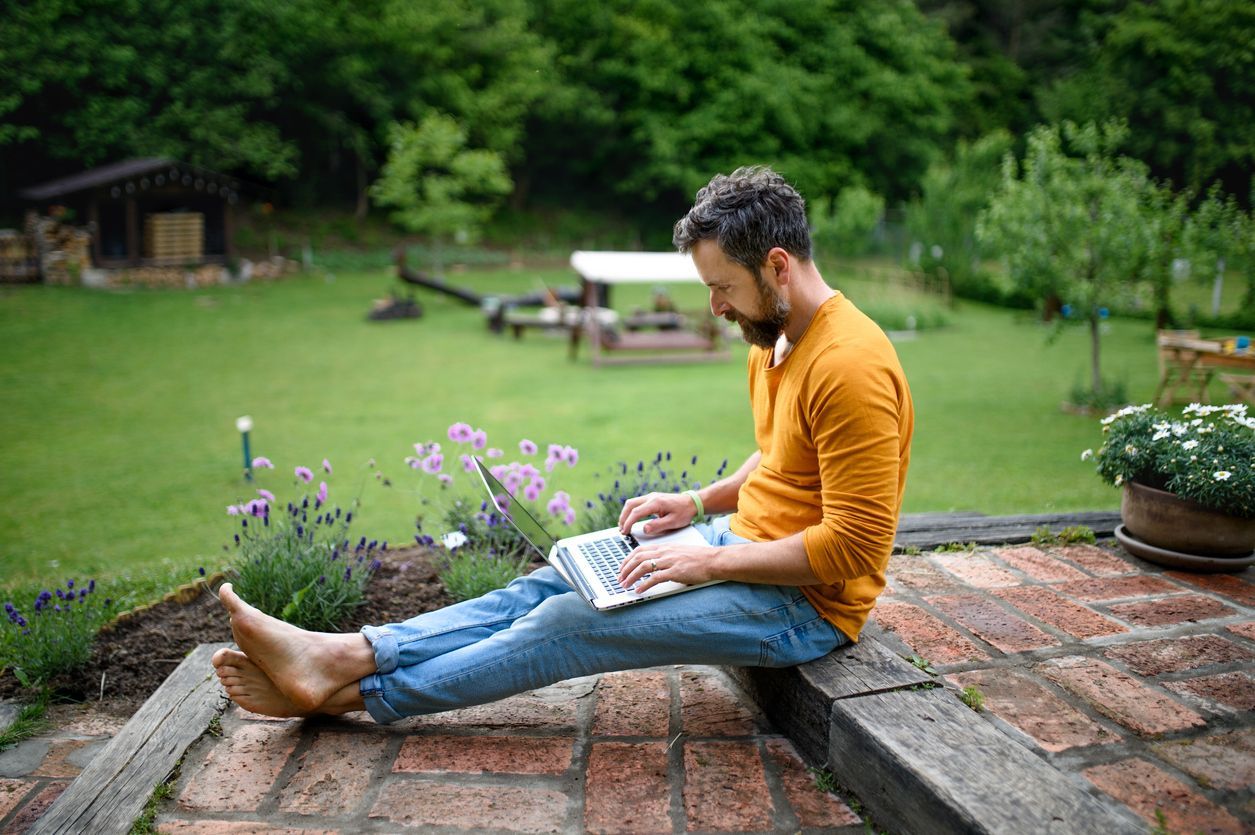Sleep your way to better wellness (and better work)

May 19, 2022
You’ve probably heard it more than once in your life, ‘sleep is the best medicine’. Your mum probably told you. Your family doctor told you. And now, we’re telling you. Good sleep is not just vital to your overall wellness, it can have a huge impact on how you perform at work. Sleep loss can have a meaningful impact on key work skills like cognitive function, attention, and decision make, that’s before we talk about the link between poor sleep and a range of chronic health conditions – including Alzheimer's, anxiety, hypertension, and type 2 diabetes.
But improving your quality of sleep can be easier said than done. Work stress, family stress, juggling childcare, and watching a constant rolling feed of global news can all leave you staring at the ceiling rather than getting much-needed shuteye.
In this blog, we look at some fast and easy ways to improve your sleep and it starts before you even get under the covers…
Get Prepared
If you’re someone who shuts off your screen or tv right before you close your eyes then you could be (unintentionally) keeping your brain in awake mode. Blue light from devices can stop you from being able to go to sleep, so aim to turn off all digital devices and screens at least an hour (and ideally two) before bed. You should also try to practice good sleep hygiene by creating a calm, dark, relaxing, and cool environment in your bedroom; clear away clutter, make sure you have good-quality, light-blocking curtains or blinds, and open a window in the evening. Fresh air and exercise are both great ways to improve your chances of getting to sleep and staying that way, so a walk or a workout before you head to bed can be a useful way to wind down. You should also consider other relaxing activities like reading, stretching, or a warm bath before you turn out the lights.
During the Night
Do you ever wake up at 2 am and just can’t get back to sleep? Work. Relationships. News. As hard as you try to relax, you can’t get your brain to be quiet. This happens to us all occasionally, but when it’s nearly every night, it’s exhausting. Practice relaxing breathing techniques – just focusing on quietly inhaling and exhaling slowly to find some peace, or, if you really can’t relax, take out your book and try reading for ten minutes to reset your brain.
The Next Day
Do you work from home? Consider taking a short (less than 30-minute) nap during the day to recharge your energy levels. If you work in an office or onsite, find a quiet spot to simply relax and recharge for a few minutes. A walk can be equally relaxing and a way to find some ‘you time’ in the middle of a hectic day. Reducing anxiety levels and practicing activities that help you find a moment of calm, whether that’s a yoga class or a walk around the block can be really helpful in supporting good sleep at night.
Your physical and mental health is a crucial part of helping you to perform at your best – at home and at work. When you’re exhausted and run down all the time, how can you move forward in your career or meet your goals? Make healthy choices, create supportive routines, and make time for self-care. And remember to seek professional medical health if you’re struggling to get the sleep you need.







